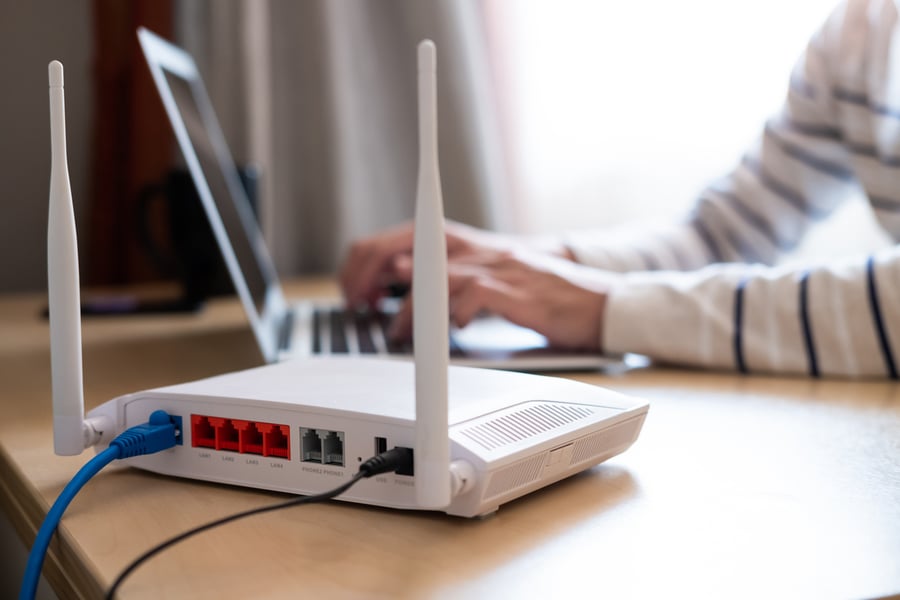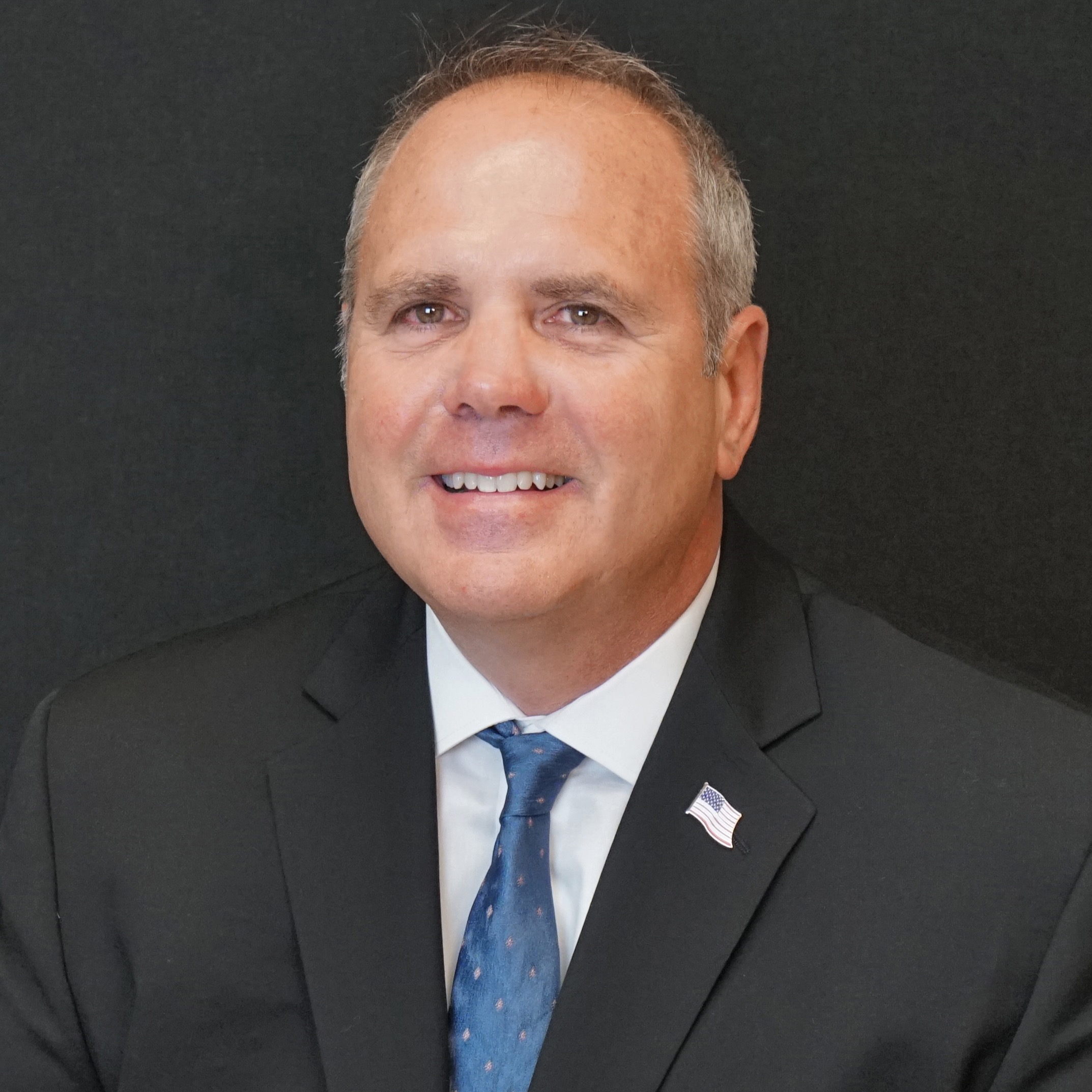Contact Center | Support Services | Customer Experience
Searching for a Contact Center: 3 Ways Agents Troubleshoot to Improve Customer Experience

Joe Geroux is the Vice President of Support Services at CCI Systems. He has over 30 years of experience within Telecommunications, working with major operators, including Charter Communications, AT&T, MediaOne and Continental Cablevision. His experience includes leadership roles in Sales, Customer Support, Operations and Field Services. Joe has acquired extensive knowledge in Hospitality and the Multi-Dwelling industry, both in residential and commercial services, while gaining additional experience with Broadband and Fiber Networks.
Seeking contact center services is a step in the right direction to improve customer satisfaction and customer happiness. It’s possible your company needs additional help handling overflow, off-hour support, weekend coverage, or 24/7 service to keep up with your call volume.
To fully support a network, a call center or contact center needs agents. Those agents are the lifeline of customer support. Well-trained and well-educated agents provide the highest customer satisfaction to improve customer reputation among your end users.
You may question the experience, training, and reliability of the agents. You may wonder what they actually do, how they do it, and what their qualifications are.
The burning question is how do you find the right contact center?
Here are some tips to keep in mind during your search.

How Contact Center Agents Keep End Users Connected
Troubleshooting connectivity, first call resolution, and continuous improvement of the agent and company are all intertwining concepts leading to the ultimate goal of a happy customer (i.e. end user).
In today’s world, connectivity is key to every corner of communication, so implementing support to accommodate those end users is necessary.
Ask yourself: Is there any scenario where a network supporting families, businesses, healthcare providers, educators, or financial institutions can afford to not be monitored or supported? The answer is no.
By outsourcing with a contact center—like CCI Systems—your company will gain valuable knowledge and insights from agents who act as an extension of your team.
Why Do Agents Focus on Connectivity?
Keeping people connected, keeps customers happy. When an agent is troubleshooting, the first question is one of connectivity.
Determining whether the end user has access to the internet may seem obvious, but it is an important first step in resolving an issue.
Beginning with the device itself, then walking down to the SSID to the modem or active device, and so on. This process gives a top-down perspective with a redundant checklist to target what is really going on.
In some cases, an end user may not be able to connect because of an authentication issue or error. For instance, when supporting a hotel, an end user may be traveling on business and they cannot get online through their company’s VPN.
It is the agent’s responsibility to work with that hotel customer, dig into the server to find the VPN in question, and grant access to the device (or devices).
Some contact centers can have success rates as high as 85%-to-95% which increases overall customer satisfaction, loyalty, company revenues, and employee performance.
So, it is critical to remember you cannot afford to sell your company short by settling for something less than satisfactory.
What Devices Are Agents Able to Troubleshoot?
Generally, if it can be connected to the Internet of Things (IoT), an agent can troubleshoot it. Smartphones, laptops, tablets, smart TVs, thermostats, appliances, alarm systems, game consoles, and headless devices are all common problems in the homes of end users.
However, the lesser-known or lesser-thought-of devices, like medical devices from CPAPs to heart and blood pressure monitors to glucometers, are vital to the sustainment of life and some are entirely dependent on internet connectivity.
If these devices or instruments are life-threatening, a network needs redundancy, which like for an alarm system, the redundancy would be internet and cellular.
Agents are trained and educated on a wide variety of devices to speed up first call resolution and reconnect end users to the IoT.
What Types of Equipment Are Agents Familiar With?
Contact center agents are familiar with many makes and models of modems and routers, they may even be experts, but what does that mean for you and your company?
Sure, most contact centers will have a basic understanding of DOCSIS 3.0 or 3.1 (Data Over Cable Service Interface Specification) modems, they may know or have experience with MikroTik, or maybe they’re experts with Ubiquiti. The list goes on… but being able to actually see the network can prove to be a big factor for a prompt resolution.
NOC monitoring gives a contact center insight. If a contact center can collaborate with a network operations center (NOC), or if network monitoring is part of the support services offering, it can be much easier to identify problems.
For instance, if a company has Ruckus controllers in an apartment complex, the contact center can trace issues and errors back to the access point while working with NOC technicians who are actively monitoring.
A technician can go into the zone controller to find information and know whether the access point is not performing, or if it is just totally down.
Another example would be if a customer (end user) has Plume. They can do self-diagnostics, but a contact center agent will also see the network in their home. An agent can quickly see if different devices are in use, or if too many devices are connected.
The question here becomes, are you monitoring your network? Can your company see what is happening or are you troubleshooting after the fact? Is your company totally dependent on what the customer is experiencing?
Your first line of defense should not be the end user.
Improving First Call Resolution (FCR)
First off, it is extremely expensive to roll a truck in the event of an outage or general network issues.
The expenses involved speak for themselves: labor and technician wages; and vehicle maintenance, insurance, and fuel. Further, there is the unseen cost of a technician spending time on projects that produce future revenue, not spend it.
With the continual release of products and devices connected to the Internet, the probability of equipment failure also increases. Identifying the simple fixes—the human errors the end user overlooks—and resolving those calls in a timely manner will ultimately cut costs.
If you’re getting 3,000 calls per month and a contact center can cut the truck rolls down by 10%—that’s 300 truck rolls at $100.00 and a savings of $30,000 by simply identifying and resolving an issue without an unnecessary, on-site escalation.
A good contact center with well-trained agents can offer up a similar scenario.

Customer Experience (CX) and Why It’s Important
Beyond truck rolls, the name of the game is customer experience and satisfaction. But what is customer satisfaction anyway?
Does your company really know what your customers think at the end of the call or at the end of each ticket? Are you using surveys to gather insights, comments, concerns, etc.?
This type of information will help gauge overall levels of satisfaction, and it is something contact center agents frequently report on.
Typically, the most effective time to execute a survey is directly after the interaction with an agent, while the experience is still top-of-mind for the end user. Customer experience and satisfaction are usually measured by IVR-based surveys either by phone, email, or chat at the customer’s choosing.
Capturing the customer’s feedback, hearing expectations and preferences for your products and services, and simply honing in on the customers’ needs will aid in the continuous improvement of customer satisfaction as companies better understand their end users and customers. This is referred to as Voice of the Customer (VoC).
Contact centers who listen to the Voice of the Customer will help drive customer satisfaction for their customers (the Company), simply by listening and relaying the information provided by their end users (the Customer).
This satisfaction will correlate to other areas of the business. If satisfaction is low, it tends to spill over into the financials. Thus, helpful contact center agents who are knowledgeable and friendly can significantly improve the company’s bottom line.
If an agent can take an extra 5-to-10 minutes, and successfully troubleshoot a device causing a problem in the home and get them back online, it greatly affects the long-term outlook and growth of the company.
For your network to be down for an extended period is a new level of frustration for the end user, and they have little hesitation in looking elsewhere.
Experienced agents will always listen before they troubleshoot allowing them to come out on top.
How Do Agents Accomplish More Effective Troubleshooting?
Continuous improvement is the basis, the bedrock, the foundation of good and effective troubleshooting.
To accomplish such a feat, the information contained within processes and procedures must be thoroughly laid out. This way, contact center agents are well-equipped to do their job in service of the end users’ best interest.
Elasticity is key during these interactions, where changing and adapting to the business needs are fluid and pain-free; elasticity is best maintained through training.
Additionally, a robust and accurate knowledge base will be vital as a quick reference during the troubleshooting process.
Ongoing training should be focused on result-oriented topics. If a contact center is having continual failures with a particular piece of equipment, they should provide the agents with additional training to head off those issues at the pass.
Weekly or monthly reviews for continuous improvement are equally important. If a contact center is committed to continued education and training, they will always need to be self-assessing the success of this extended training.
Integrating tactical approaches to drive higher resolution should be an ongoing collaboration between the company and any customer care organization.
Finding a Contact Center with Smart Agents
Every company wants or claims to be customer-centric and/or customer-focused, so leaving a customer without service for 12-to-24 hours should be prevented at all costs. Furthermore, a prolonged outage can kill customer satisfaction which will be hard to earn back.
If extra 5 minutes on the phone is what it takes to get your customers back online, so be it. It should be a win-win for the contact center and the company, as well as a win-win for the service provider and their end user.
Find a contact center that knows what your company is experiencing, and who understands your company’s pain points. CCI knows because we are a rural cable provider with Astrea.
Let’s get started on creating a plan to improve your end user experience, customer satisfaction, and reliability of well-trained and highly-experienced contact center agents today!

